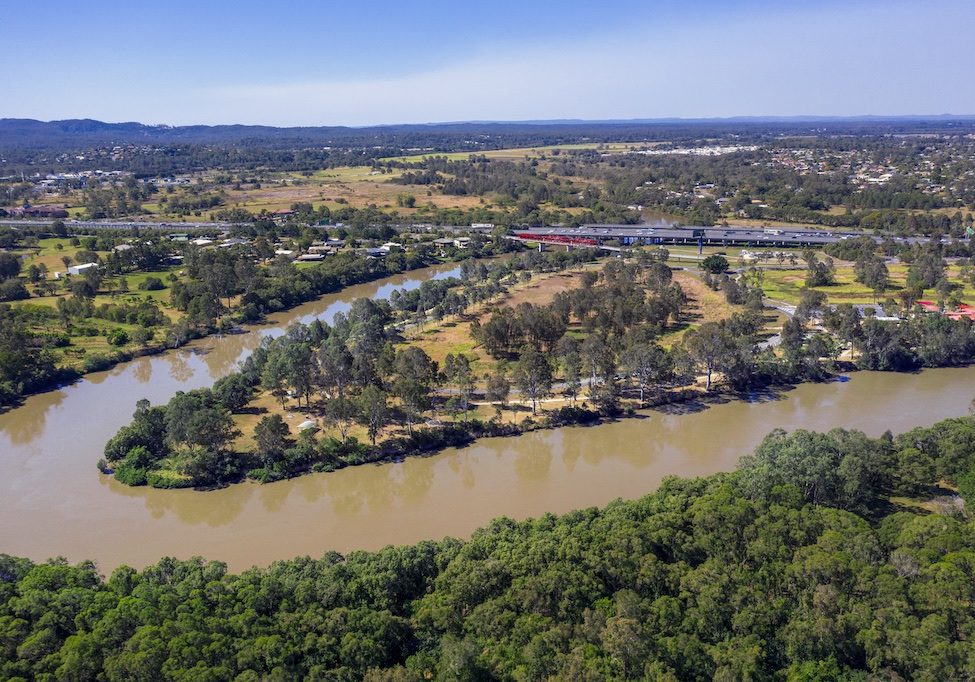In one bold and swift move, the Queensland State Government has made quite significant amendments to the Planning Regulation 2017 (Planning Regulation), which were approved on 1 December 2022 and came into effect on 2 December 2022.
Broadly speaking, the changes essentially prohibit local government from regulating rooming accommodation (that has up to five occupants and five bedrooms) and dwelling houses in a low density residential zone (provided there are no relevant overlays applicable to the property).[1]
The amendments to the Planning Regulation are said to refine the regulation of small-scale rooming accommodation and dwelling houses in lower density residential zones and provide state-wide consistency in relation to the types of housing that can be expected within residential zones.
Planning (Rooming Accommodation) Amendment Regulation 2022
The Planning (Rooming Accommodation) Amendment Regulation 2022 introduced the following key changes:[2]
- Provides for rooming accommodation to not be assessable against a local government’s planning scheme where it meets certain requirements in the low density residential, low medium density residential and general residential zones.
- Removes the ability for certain overlays to regulate development of dwelling houses and rooming accommodation.
- Clarifies the types of housing that can be expected in residential zones.
The benefits of the Amendment Regulation are said to:[3]
- Provide a greater housing choice for lower income households.
- Improve the consistency in the way residential uses are regulated across Queensland.
- Provide greater clarity in relation to expected housing forms in lower density residential areas.
Changes about rooming accommodation
The amendments to the Planning Regulation, now mean that any proposed use of a premises for a small-scale rooming accommodation use does not require a development application for a material change use to be submitted to Council in lower density residential zones, where certain requirements can be met.
If a proposed rooming accommodation development does not meet the requirements which are included in the Planning Regulation, then a local government can require planning approval for rooming accommodation uses.
Eligible rooming accommodation will not require a material change of use approval unless it is triggered for assessment under another part of the Planning Regulation, such as in the case of development on a State heritage place or where impacting on koala habitat. All other development approvals, including building approval, will continue to apply.
It is important to keep in mind that the amendments do not remove the requirement to obtain any other relevant approvals, such as for building works, plumbing or drainage or for the registration and accreditation needed to lawfully operate rooming accommodation in Queensland.
Changes to the low density and low-medium density residential zones
The other changes to the Planning Regulation allow local governments to require a planning approval for dwelling house developments in the high density residential zone and medium density residential zone, if local governments choose to do so.
This will allow for a more efficient use of land by allowing local government to require a planning approval for a dwelling house in these areas.
While low density housing types may still be developed in the high density residential zone and medium density residential zone, these uses are not preferred in these zones.
Development of lower density dwelling types in the high density residential zone and medium density residential zone may therefore require a planning approval be obtained from the local government.
Changes to how overlays apply in local planning schemes
The changes to the Planning Regulation clarify which overlays in local government planning schemes can be applied to require planning approval for dwelling houses and rooming accommodation uses in lower density residential areas.
Prior to the changes, where any overlay applied to a premises, local government could require a planning application for a dwelling house.
To ensure dwelling houses are not unreasonably made assessable development by local government, the following relevant overlays can only regulate a dwelling house in a low density residential zone:[4]
- Matters of safety to persons and property (such as from natural hazards, mining activities and Australian Noise Exposure Forecast).
- Protection of areas of natural, environmental or ecological significance (such as biodiversity, significant animals and plants, wetlands and waterways).
- Local heritage and traditional building character.
Where one of the applicable overlays apply, the Council will still be able require planning approval for a dwelling house or rooming accommodation.
The changes are intended to refine the circumstances where an overlay can require planning approval for dwelling houses and rooming accommodation in lower density residential zones. The intended effect is to streamline approvals for these housing types.
The change is subject to a three-year sunset clause, which means the changes will expire unless further amendments are made to the sunset clause. It will be interesting to see what further amendments are made following the expiration of the sunset clause (if any).
It is important to keep in mind that the Amendments only relate to a material change of use and do not remove the requirement to obtain any other relevant approvals, such as for building works, operational works, plumbing or drainage or for the registration and accreditation needed to lawfully operate rooming accommodation in Queensland.
Please note that the changes made only relate to material change of use, not building work, operational work or reconfiguration of a lot (where with no associated material change of use for Dwelling house).
Key Take away
The Amendments remove the regulation of small-scale rooming accommodation and dwelling houses in lower density residential zone.
If you have lodged a planning application with local government prior to the above changes, we suggest you seek advice as to the options that may be available to you.
Please contact Sarah Day at [email protected] or phone our office on 3439880 to discuss how the amendments may impact your proposed development.
[1] Other than a medium density residential zone or high density residential zone.
[2] https://www.legislation.qld.gov.au/view/pdf/published.exp/sl-2022-0182
[3] https://www.legislation.qld.gov.au/view/pdf/published.exp/sl-2022-0182
[4] https://www.legislation.qld.gov.au/view/pdf/published.exp/sl-2022-0182
Contact Us
Need more information or want to book in a time to talk with one of our experts? Just fill in the form below and we'll get back to you.
Further Resources

NDAs and Contamination
Latest Videos
Businesses that we have helped
Here's a small selection of businesses we've helped achieve great outcomes.









As Featured In:












